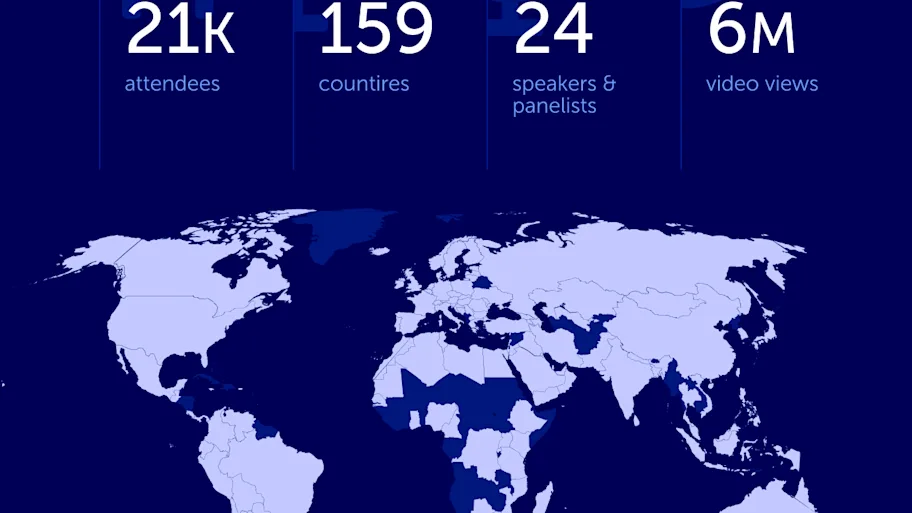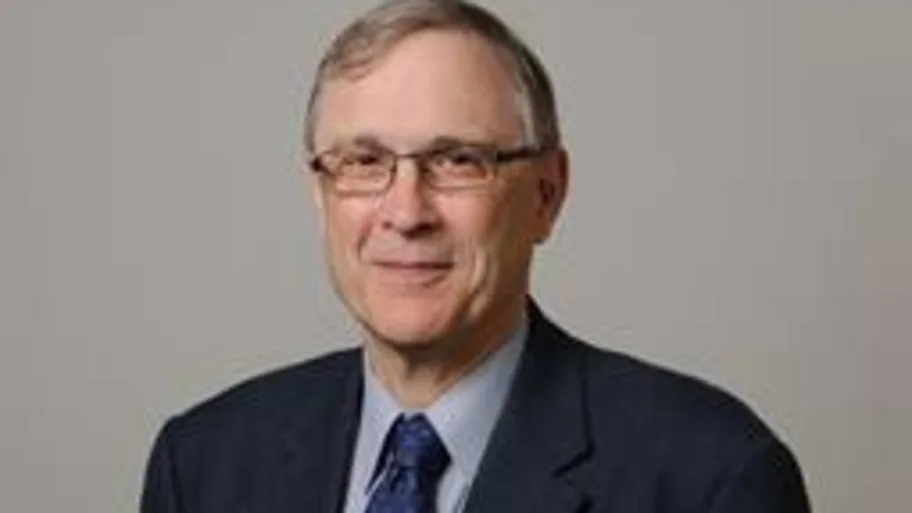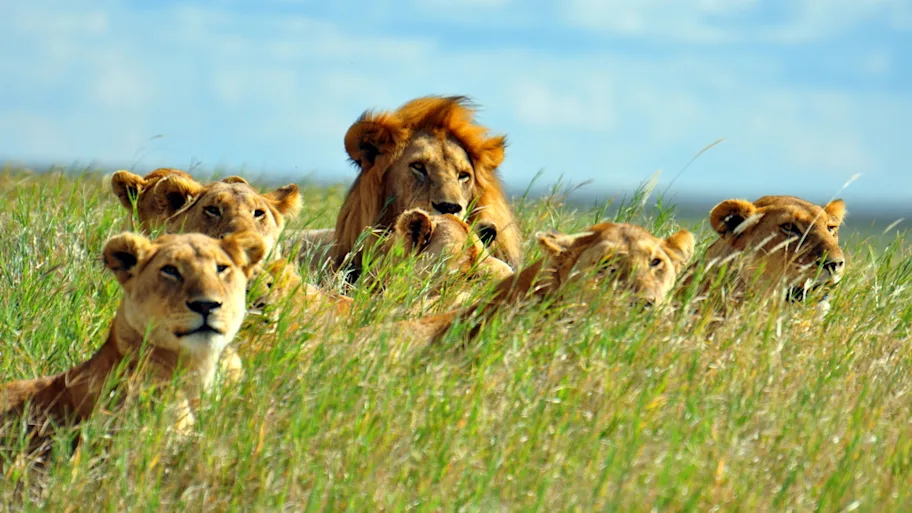
- Science news
- Frontiers news
- Meredith Gore – boundaries in a world striving for work-life balance
Meredith Gore – boundaries in a world striving for work-life balance
Author: Emma Phipps, Journal Specialist
Meredith Gore is an Associate Professor at the University of Maryland, specializing in Conservation Criminology. She is a National Academies of Science Jefferson Science Fellow, US Department of State Embassy Science Fellow and Emerging Wildlife Conservation Leader. We talked about life in lockdown, sexism, and the importance of defining your own space.

Could you give us a summary of your role at the moment?
“I call myself a conservation social scientist, motivated by conducting social science to inform decision-making. My research inherently involves a lot of collaboration with organizations and agencies all over the world, so I feel very lucky in that regard. I’m motivated by collaborating with decision-makers, so in some ways I view myself as a science translator. I wear a lot of hats, but I see them all under the umbrella of being an applied social scientist.”
Did you always want to go into this area?
“My origin story in some ways is very privileged. I had the opportunity to go to different universities where I was trained in multiple disciplines and was exposed to mentors who coached me. I also think I have an inherent curiosity about different perspectives and an innate dissatisfaction with simple answers. I have been able to avail myself of many opportunities and be in the room where it happens. Listening to people, or talking to people, just seeing with my own eyes.
“I attended Michigan State University where I was a postdoc, and applied for and successfully got this faculty position in two different departments. My PhD advisor told me that was crazy and sounded like so much work, but that was all that I knew! In hindsight, being in two different departments and having two different cultures, systems and procedures gave me a ‘dual passport’. I had to learn about two different scientific disciplines and to speak two different languages, so I learnt by doing.”
The idea of taking these opportunities is definitely a recurring theme in the #WomeninScience interviews.
“It is so hard for women because it is a double bind. In some ways women in science are stereotyped as we volunteer for so much service, but that comes at a cost in terms of time. I try to be strategic in that way, considering if the interaction will allow me to meet different people, practice a skill, help me learn, or check a box for my performance expectations. We all need boundaries, so think about what makes you happy, what matches your skillset and where the return on investment is.”
What are your thoughts on ‘Imposter Syndrome’ in female scientists?
“I’ve heard this term ‘fake it till you make it’, and I can sympathize. An alternative perspective might be to flip the idea of ‘Imposter Syndrome’ over. For example, I served as the Jefferson Science Fellow in the US Department of State as the Science Advisor. I’m a Social Scientist and there were a couple of times where I sat in on space science conversations and people asked my opinion. I’m not qualified in that field, but they still asked what I thought, so I said to myself, ‘Well, I am a scientist, and I can analyze anything, so let me tell you what I think based on what I know.’ Sometimes when you feel this idea of ‘Imposter Syndrome’, it is because we are trying to fit ourselves into this boundary that someone else is defining for us. What I am trying to do is define my own space because I want to help, even if it’s not in the way they intended.”
What are your biggest achievements in your career or otherwise?
“Doing the Jefferson Science Scholarship in 2016/2017 was a life-changing experience for me because I went completely out of my comfort zone. I think I succeeded and the only evidence I have of that is I had so much fun, and that’s how I know it was a good experience. So that is one of my biggest achievements because it resulted in new lasting friendships, new scientific opportunities and new avenues of discovery. I’m more hungry for answers to questions than I’ve ever been.”
Have you faced sexism in your career?
“Yes, all the time and I am shocked this still happens. When I applied for my Jefferson Science scholarship, I received a call saying they would like to offer me the fellowship and I was overjoyed. Later that week, I found out I was pregnant with my second child. I didn’t know what to do but I remember my Dean saying to me, ‘Have the baby.’ So I did, and I had to reapply for the scholarship but I got it. I had people telling me not to have a baby until tenured, but you can’t plan everything.”
What would your advice be to a young female scientist?
“It’s about this word ‘balance’ which I hate. When I was pregnant with my first child, I remember going to see my PhD advisor and I asked how she balanced her work and her life. She said, ‘There is no such thing as balance, don’t even try.’ It took me a long time to figure that out, but now we use the word boundaries; it’s not work-life balance, it’s work-life boundaries. Think like a geographer: boundaries are sometimes permeable, and sometimes they’re not. Sometimes they’re physical and sometimes they’re geo-political, so this idea is more fluid. Think about what boundaries you need to enforce and establish, or take down. If you can think about boundaries instead of balance, it might help you to thrive in your scientific endeavors.”
Frontiers is a signatory of the United Nations Publishers COMPACT. This interview has been published in support of United Nations Sustainable Goal 5: Achieve gender equality and empower all women and girls.






